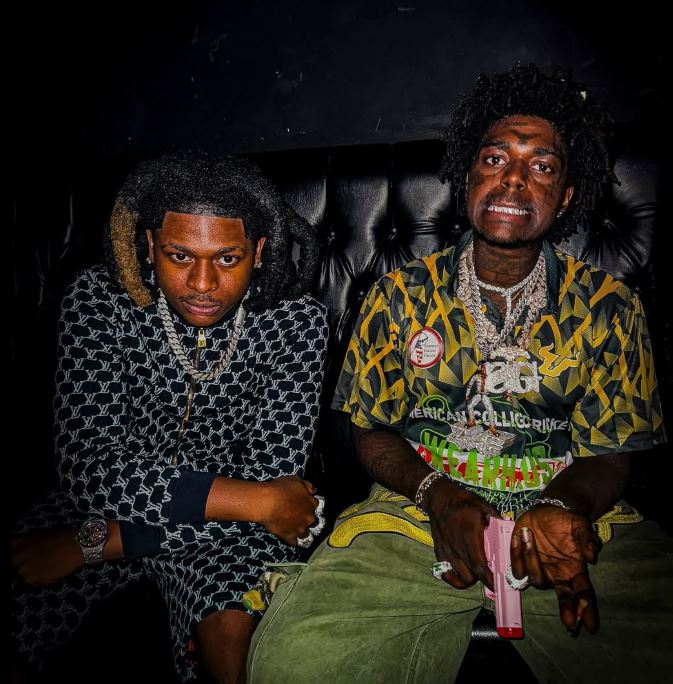Hip hop has become more than just music. It’s a culture, a voice, and a movement—and in recent years, it’s made a loud and proud home in Africa. But how did hip hop, which started in the streets of the Bronx in the 1970s, travel across oceans and connect with people living in the cities, towns, and villages of Africa? And what makes hip hop, Africa such a powerful combo?
Let’s explore how this global music style found its unique rhythm on the African continent—and why it’s more than just a passing trend.
What Makes Hip Hop So Popular in Africa?
Hip hop, at its core, is about storytelling. It gives people a chance to talk about their lives—the good, the bad, and the complicated. In many parts of Africa, where young people are looking for ways to express themselves, hip hop offers the perfect outlet. It’s like writing a diary, but out loud—and with a beat.
-
A relatable message: The themes in hip hop often speak about everyday struggles, hope, identity, love, and resistance. African youth connect deeply with these ideas, especially in places where people face challenges like poverty, inequality, or political instability.
-
Easy to start: You don’t need a big budget to start rapping or dancing. All you need is a beat, a voice, and something real to say.
-
Influence of social media: Platforms like YouTube, TikTok, and Instagram have helped hip hop artists in Africa share their talent with the world—even from remote places.
How Is Hip Hop in Africa Different?
When people talk about hip hop, Africa, they’re not just copying what’s done in the U.S. or Europe. They’re creating something new—blending the old with the new, the local with the global.
-
Languages: African hip hop is often performed in local languages like Swahili, Zulu, Wolof, or Yoruba. Some artists mix in English or French, depending on where they’re from.
-
Traditional music: Many African rappers mix hip hop beats with traditional instruments like drums, mbira, or kora. It creates a sound that’s unique and rooted in culture.
-
Community-based: Hip hop in Africa often has strong ties to communities. Artists perform at local events, collaborate with schools, and use their platform to speak on local issues.
Where Can You See Hip Hop, Africa in Action?
All across the continent, from the buzzing cities to rural towns, hip hop is alive and kicking. Here are a few places where it shines especially bright:
-
West Africa: Countries like Senegal and Ghana have vibrant hip hop scenes. Here, rappers often use their lyrics to speak on social justice and cultural pride.
-
South Africa: Known for blending hip hop with styles like Kwaito and Gqom, South African artists have taken hip hop to a whole new level. The scene here is full of energy, dance, and bold fashion.
-
East Africa: In Kenya and Tanzania, hip hop has become a powerful tool for youth empowerment. Local battles, workshops, and festivals help upcoming talent rise.
Whether it’s on the radio, in a street dance circle, or at a school event, you’re likely to find the heartbeat of hip hop, Africa pulsing strong.
Tips for Enjoying and Supporting Hip Hop in Africa
You don’t have to be a rapper or a DJ to enjoy hip hop. Here’s how you can connect with the culture and support it in simple ways:
-
Listen with intention: Pay attention to the lyrics. What are the artists saying? What’s their story?
-
Follow local artists: Look up rappers, dancers, and beat makers from African countries. You’ll be surprised how much talent is out there.
-
Join the movement: If you like to dance, write poetry, or even draw, hip hop welcomes creativity. You don’t have to fit a mold—just be yourself.
-
Share what you love: If you hear a song that speaks to you, share it with your friends. Help spread the word and support independent artists.
Final Thoughts: Why Hip Hop and Africa Are a Perfect Match
Hip hop is more than music—it’s a mirror for real life. In Africa, where there are so many cultures, languages, and stories, it’s become a way for young people to be seen and heard. Whether they’re rapping about their dreams, their struggles, or just having fun with words, African hip hop artists are changing the game.
So next time you hear the phrase hip hop, Africa, think about the rich blend of tradition, talent, and truth behind it. And if you’re curious, just press play. You might discover your new favorite song—or even your voice.
